Coeliac Disease
Coeliac Disease: What Is It?
Coeliac disease is a chronic autoimmune condition in which the body's immune system reacts abnormally to gluten—a protein found in wheat, barley, and rye. When someone with coeliac disease consumes gluten, their immune system mistakenly targets and damages the lining of the small intestine.
This immune response harms the intestinal villi—tiny, finger-like projections that play a crucial role in nutrient absorption. Damage to these structures impairs the body’s ability to absorb essential nutrients, potentially leading to malnutrition and other health complications.
Unlike a food allergy or intolerance, coeliac disease is classified as an autoimmune disorder. This means the immune system attacks the body's own tissues, not just the perceived foreign substance. The only effective treatment is lifelong adherence to a strict gluten-free diet, which allows the intestine to heal and symptoms to improve.
Impact of Coeliac Disease on Anatomy and Health
The main part of the body affected by coeliac disease is the small intestine. The inner surface of the small intestine is lined with villi. These villi are essential for nutrient absorption. In people with coeliac disease, eating gluten damages these villi, making them flatten or shrink. Without healthy villi, the body cannot absorb sufficient nutrients, including iron, calcium, folate, and fat-soluble vitamins (A, D, E, and K).
This damage can lead to malnutrition and complications in other organs over time. The effects are not just limited to the gut. The disease can affect the entire body, including the bones, skin, nervous system, and reproductive organs. For instance, nutrient deficiencies resulting from poor absorption may lead to conditions such as anaemia, osteoporosis, infertility, and delayed growth in children. Some people may also develop neurological symptoms, such as numbness or balance problems.
Coeliac disease is associated with the risk of the development of other autoimmune diseases such as type 1 diabetes, thyroid disease, or even certain types of cancer, e.g. intestinal lymphoma.
Causes and Risk Factors for Coeliac Disease
The precise cause of coeliac disease isn’t fully understood, but it's thought to arise from a complex interplay of genetic, environmental, and immune system factors.
- Genetics: A strong genetic component is involved. Most individuals with coeliac disease carry the genes HLA-DQ2 or HLA-DQ8. While these genes are necessary for the condition to develop, carrying them does not guarantee a person will get the disease—only that they are more susceptible.
- Environmental triggers: Several factors may trigger the onset of symptoms in genetically predisposed individuals, such as:
- Early or excessive gluten exposure during infancy
- Gastrointestinal infections, especially in early life
- Imbalances in gut microbiota
- Significant stress, physical trauma, or surgery
- Immune system involvement: In coeliac disease, the immune system mistakenly targets the small intestine after gluten ingestion, leading to inflammation and damage.
Symptoms of Coeliac Disease
Symptoms of coeliac disease can vary from person to person. Most people may experience non-specific gut symptoms, while others may have symptoms in other body parts or none at all. This variation makes diagnosis challenging.
Common digestive symptoms include:
- Diarrhea or constipation
- Bloating and gas
- Abdominal pain
- Nausea and vomiting
- Unexplained weight loss
Other symptoms that affect overall health may include:
- Fatigue
- Iron-deficiency anemia
- Joint or bone pain
- Mouth ulcers
- Skin rash (known as dermatitis herpetiformis)
- Headaches or migraines
- Infertility or menstrual irregularities
- Delayed growth or puberty in children
- Depression or anxiety
In some cases, the only sign of coeliac disease might be low bone density, liver problems, or even neurological symptoms like tingling in the hands and feet. Because symptoms can be so varied, coeliac disease is often misdiagnosed or missed for many years.
Prevention of Coeliac Disease
There is currently no known way to prevent coeliac disease, especially in individuals who are genetically predisposed. However, early recognition and diagnosis can help prevent the long-term damage caused by the disease.
While prevention of the disease itself isn’t yet possible, certain strategies may help manage or reduce the impact of the disease:
- Breastfeeding for at least 6 months may provide some protection against developing autoimmune conditions in children, although evidence on its protective effect against coeliac disease is mixed.
- Introducing gluten into an infant's diet between 4 to 12 months of age, rather than very early or very late, might play a role in reducing risk.
- Regular check-ups and screening for individuals at high risk, such as those with family members who have coeliac disease or those with other autoimmune disorders.
Once diagnosed, the only effective way to manage coeliac disease is through lifelong adherence to a strict gluten-free diet. This means avoiding all foods that contain wheat, barley, and rye. Even small amounts of gluten can cause damage, so cross-contamination should also be avoided.
Following a gluten-free diet allows the intestinal lining to heal, symptoms to improve, and the risk of complications to be significantly reduced. It’s also important for people with coeliac disease to monitor their nutrition, as some gluten-free foods may lack certain vitamins and minerals. A dietitian can help create a balanced meal plan.
Types of Coeliac Disease
Coeliac disease can present in different ways depending on the individual. There are three main types:
- Classical (typical) coeliac disease
This is the most easily recognised form, characterised by digestive symptoms such as diarrhea, bloating, abdominal pain, and weight loss. Nutrient deficiencies due to poor absorption are also common. - Non-classical (atypical) coeliac disease
People with this type may not have digestive symptoms at all. Instead, they may experience fatigue, anemia, joint pain, infertility, or neurological issues. This form is often harder to detect because symptoms are not clearly linked to the digestive system. - Silent (asymptomatic) coeliac disease
In this type, individuals typically do not experience symptoms and may appear healthy. However, tests reveal damage to the small intestine. Silent coeliac disease is often discovered during routine screenings, especially in people with a family history or other related conditions.
Stages of Coeliac Disease
Coeliac disease can develop gradually and may move through various stages:
- Latent stage:
At this point, a person may carry the genetic markers for coeliac disease (HLA-DQ2 or HLA-DQ8), but they have no symptoms and a normal intestinal lining. They are at risk but do not yet have the disease.
- Silent or asymptomatic stage:
The small intestine shows damage, but the person has no symptoms. This stage can go unnoticed unless screening is done.
- Symptomatic stage:
This is when symptoms appear. They may be digestive or non-digestive, and the small intestine shows visible damage.
- Complicated stage:
If left untreated for a long time, coeliac disease can lead to complications like severe malnutrition, osteoporosis, infertility, or even small intestinal cancer. This stage is rare but serious.
Diagnosis of Coeliac Disease
Diagnosis of coeliac disease involves a combination of medical history, physical examination, and specific tests. It’s important to continue eating gluten before testing, as stopping gluten can affect the results.
- Blood tests: The first step usually involves testing for antibodies commonly found in coeliac disease. These include anti-tissue transglutaminase (tTG-IgA), anti-gliadin and endomysial antibody (EMA). High levels suggest an immune response to gluten.
- Genetic testing: This can identify the presence of HLA-DQ2 or HLA-DQ8 genes. If these genes are not present, coeliac disease is very unlikely.
- Intestinal biopsy: If blood tests are positive, a small intestine biopsy may be done through an upper endoscopy. This confirms the diagnosis by showing damage to the villi.
- Skin biopsy: If someone has the itchy skin rash known as dermatitis herpetiformis, a skin biopsy can help confirm coeliac disease.
In children and some adults, a diagnosis may be made without a biopsy if certain strict conditions are met, especially when antibody levels are very high.
Treatment of Coeliac Disease
The only current treatment for coeliac disease is a lifelong gluten-free diet. This means completely avoiding foods that contain wheat, barley, rye, and any products made from them. Look for the gluten-free aisle in your local supermarket.
A gluten-free diet allows the intestine to heal over time. Even small traces of gluten can cause damage, so cross-contamination (for example, using the same toaster or cooking utensils as gluten-containing food) must also be avoided.
Additional treatment may include:
- Nutritional supplements:
People with nutrient deficiencies may need iron, calcium, vitamin D, vitamin B12, or folate.
- Monitoring:
Regular follow-ups with a healthcare provider are important to ensure healing and check for other autoimmune conditions.
- Dietitian support: Seeing a registered dietitian can help patients adjust to the gluten-free diet, find safe foods, and maintain proper nutrition.
For rare cases of refractory coeliac disease, doctors may recommend medications like steroids or immunosuppressive drugs, but this requires specialist care.
What if Coeliac Disease is Untreated?
If coeliac disease is not diagnosed or is left untreated, ongoing inflammation and damage to the small intestine can lead to serious health problems over time. These include:
- Malnutrition:
Due to poor absorption of essential nutrients like iron, calcium, and vitamins, people may develop anemia, fatigue, and weakened bones (osteoporosis).
- Growth problems in children:
Untreated coeliac disease can result in delayed growth, short stature, and delayed puberty.
- Infertility and miscarriage:
In both men and women, untreated disease may affect fertility and increase the risk of pregnancy complications.
- Neurological issues:
Some individuals may develop nerve damage (peripheral neuropathy), balance problems, or even seizures.
- Liver problems:
Elevated liver enzymes or fatty liver can occur, which may improve after starting a gluten-free diet.
- Higher risk of certain cancers: Rarely, untreated coeliac disease may lead to small bowel cancer.
The longer the disease goes untreated, the higher the risk of these complications. Early diagnosis and a strict gluten-free diet are crucial for preventing long-term damage and maintaining a healthy life.













